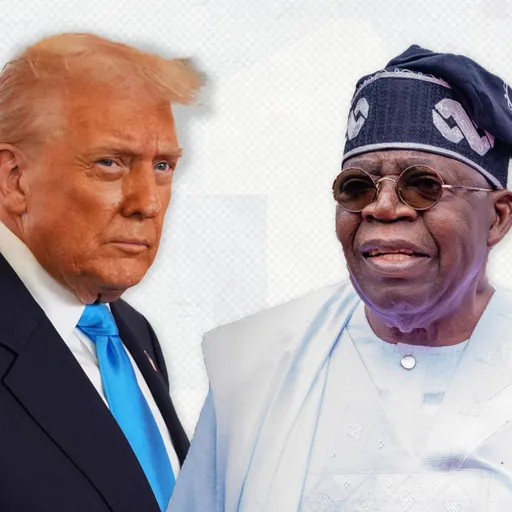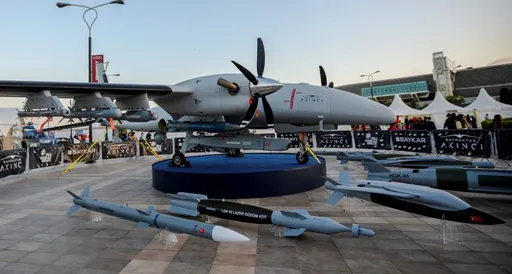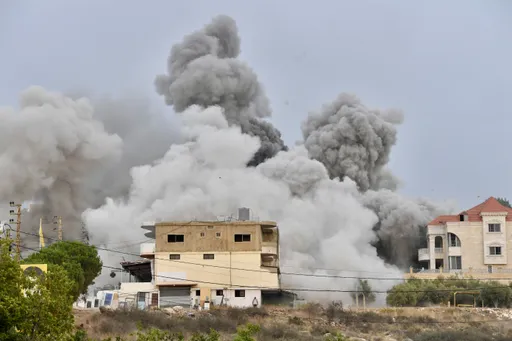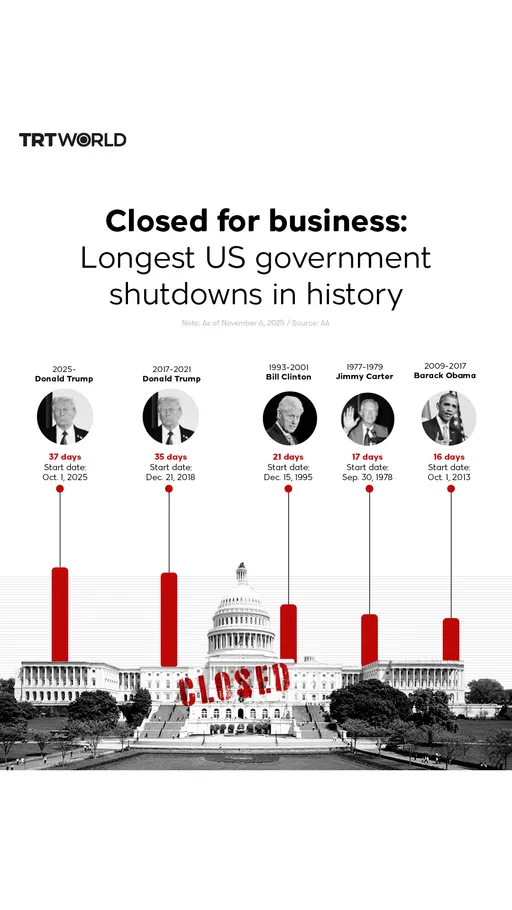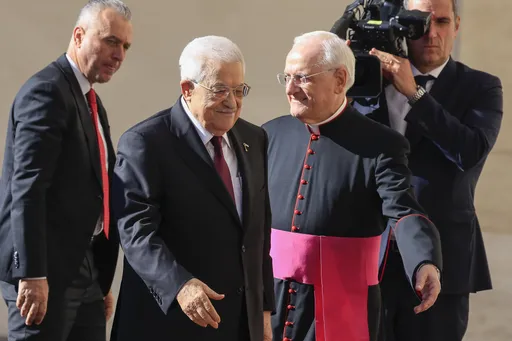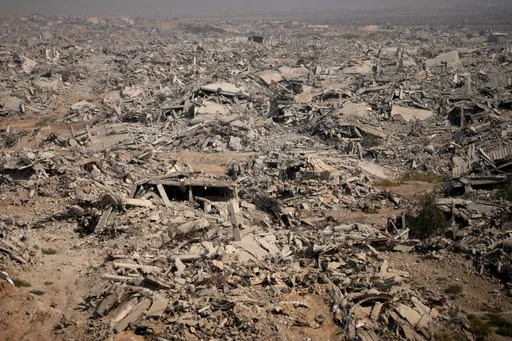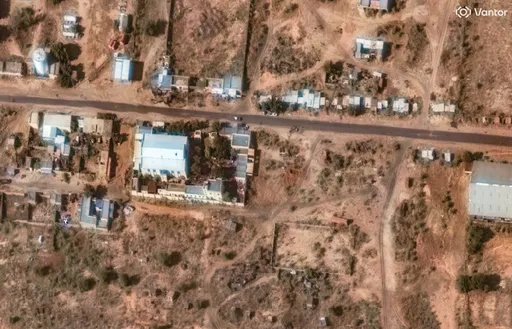A Serbian court has ordered the release of three police officers from Kosovo who were detained earlier this month as tensions escalated between the Balkan nations.
A court in the central Serbian town of Kraljevo said it was releasing the police officers, who will be allowed to return to Kosovo.
The court said in a statement that the three were charged with illegal possession of weapons and explosive devices and that they will be allowed to remain free pending potential further proceedings.
Kosovo's Prime Minister Albin Kurti confirmed the release on social media but said their "abduction consists of a serious human rights violation & must be reprimanded."
Kurti's announcement came as a Serbian court said the three had been indicted but their detention had also been "terminated".
"The higher tribunal... has confirmed the indictment against the aforementioned and brought a ruling that the detention of the indictees be terminated," read a statement by the higher court in Serbia's Kraljevo, where the case was heard.
The move follows weeks of soaring tensions between the two sides after rioting in northern Kosovo saw more than 30 NATO peacekeepers injured in late May.
The three officers were detained in mid-June. Serbia has said they had crossed into the country from Kosovo, while Kosovar authorities insisted they had been kidnapped inside Kosovo and transferred to a Serbian prison.
High tensions
Tensions flared late last month, including violent clashes, after Kosovo police seized local municipality buildings in northern Kosovo, where Serbs represent a majority, to install ethnic Albanian mayors who were elected in a local election in April after Serbs overwhelmingly boycotted the vote.
Serbia has demanded that Kosovo police and the mayors pull out from the northern region bordering Serbia and that several ethnic Serbs, who had been detained in Kosovo in the past few weeks, be released.
France, Germany and the United States have urged both Pristina and Belgrade to dial down the tensions, while the US openly slammed the Kosovo government's decision to install the mayors.
The European Union held crisis talks mediated by foreign policy chief Josep Borrell last week, however, they did not appear to score any breakthroughs, with the leaders of Kosovo and Serbia not meeting face to face.
"After four hours meeting, I think the two leaders understand the severity of the situation," Borrell said. "But obviously, they are in different situations, different approaches, different interpretations."
The dispute was the latest in a long list of incidents to rock the area since Kosovo declared independence from Serbia in 2008 — nearly a decade after NATO forces helped push Serbian forces out of the former province during a bloody war that killed around 13,000 people, mostly ethnic Albanians.
Belgrade, along with its key allies China and Russia, has refused to recognise Kosovo's independence, effectively preventing it from having a seat at the United Nations.
Kosovo is overwhelmingly populated by ethnic Albanians, but in the northern stretches of the territory near the border with Serbia, ethnic Serbs remain the majority in several municipalities.







